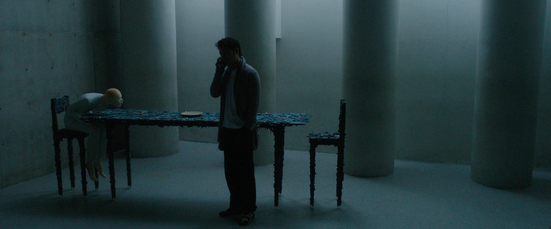 Hasumi is an extremely popular teacher among his students at Shinko Academy, a private school. A handsome and charming man, Hasumi is well respected among his co-workers too, who often look to him to deal with issues that spring up at the school. Hasumi solves one problem after another, from bullying to cheating to sexual harrassment, he begins to become the man that everyone at the school looks up to. Tsurri, an unpopular teacher with odd tendicies, despises Hasumi which prompts him to look into Hasumi's past where he discovers pure evil. Takashi Miike's Lesson of The Evil is a deeply sinister experience about a psychotic main character who shows absolutely no remorse. Hasumi is incredibly calculating, using even the slightest details to turn individuals against one and other while crafting his master plan of mass murder. What seperates Miike's film apart from most is his willingness to make this psychotic killer the central character instead of relying on a protagonist character to give the audience something they can relate to. Hasumi is the driving force of the narrative in every way, and the film works at its best when diving into this twisted man's headspace where it delivers some truly memorable sequences. My major complaint with Lesson of The Evil is that its point or purpose is a little hard to decifer, coming off as more exploitative in nature than thought-provoking. That being said, Lesson of The Evil does have Miike's typical satirical quality, making it a fun and deeply disb The film does get into his headspace with some truly memorable sequences
0 Comments
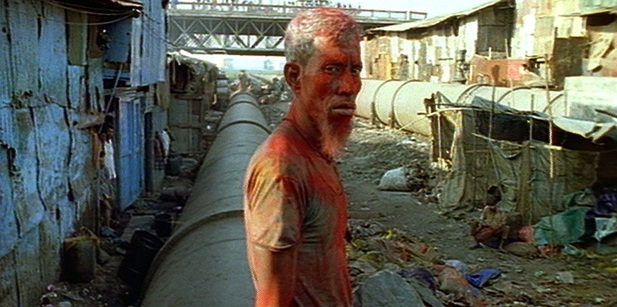 Michael Glawogger's Megacities is an intoxicating documentary which spans the entire globe documenting the human struggle in contemporary life. With segments in Moscow, Mexico City, Bombay, and New York among others, Megacities encapsulates the human condition in a variety of slum settings throughout the globe. Glawogger's lens captures these various people struggling to survive by any means necessary - some use humor, some use resourcefulness, while others turn to violence in an effort to provide for themselves and/or their loved ones. Like Glawogger's other documentaries, Megacities is a very observant film, capturing details and small occurrences in everyday life that some filmmakers would view as trivial. These small details of these various individuals slowly show just how similar humanity is all across the world. Megacities is never stagnant, constantly evoking emotion in every frame as it goes from subject to subject effectively exploring these human beings who do what they deem necessary. As the film progresses the viewer begins to realize that Glawogger has captured the ultimate truth about humanity in that we all share the dream of a better life. Michael Glawogger's Megacities is another fantastic documentary, further cementing him as one of the greatest documentary filmmakers of recent memory. 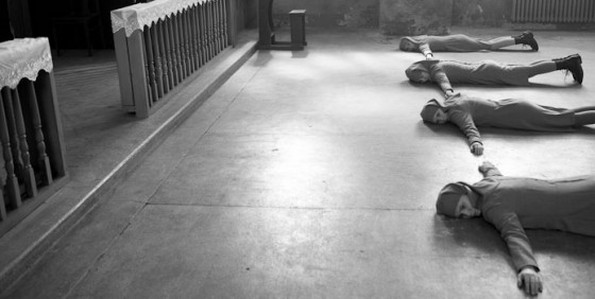 18-year old Anna, a sheltered orphan who has been raised in a convent her entire life, is preparing to take her vows and become a nun. Her Mother Superior is insistent that she visit her only living relative, Wanda, before making this decision. Innocent Anna reluctantly agrees and soon visits Wanda, a cynical woman, who shocks Anna by explaining that Anna's real name is Ida and her Jewish parents were murdered during the Nazi Occupation. This revelation begins a heart-wrenching journey to the polish countryside that leaves Anna changed forever. Pawel Pawlikowski's Ida is a intimate drama that functions both as a beautifully realized coming of age story as well as a testament to haunting legacy of the Holocaust and the realities of post-war communism. Ida is a visually stunning film that uses beautifully crisp black and white cinematography as if Pawel Pawlikowski wishes to capture the battle between darkness and light which exists in the world, always at odds for supremacy over humanity. This film presents a young naive woman whose unaware of her family history, with much of the film being a deconstruction of her identity as she begins to grasp her true self from learning about the past transgressions that shaped her life. Ida is a film that balancing the weight of this horrifying history with the intimacy of a small character study, never losing focus of the importance of both attributes while delivering an incredibly affecting and powerful piece of filmmaking. 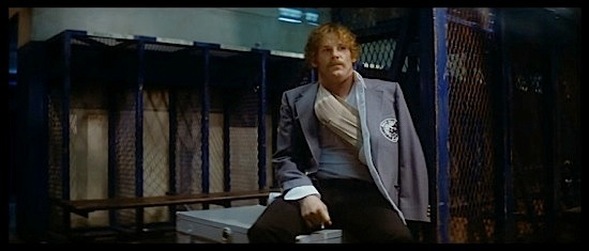 From the opening scene, North Dallas Forty makes its intentions clear in showing battered wide receiver Phillip Elliott struggling to merely get out of bed and take a shower. Ted Kotcheff's North Dallas Forty is a rather scathing commentary on pro football, exposing that football isn't so much a game but a business in which money and winning are more important than the health of the individual players. The story revolves around the aforementioned Phillip Elliott, whose better years are behind him, as he rides the bench dealing with multiple leg injuries that have even hampered his ability to walk. His cynicism and independent nature are viewed as troubling by his coaches, who encourage the players to give their all for the sake of the team. Given the time period of this films release, North Dallas Forty was a rather provocative subject matter that exposed the brutality of the sport during a time period where safety and medicine were not nearly as advanced. North Dallas Forty is enamored with the amount of sacrifice and pain these athletes endure for the sake of entertainment, going into great detail to show the pain-killers, shots, and rehab necessary. North Dallas Forty's biggest flaw lies in some of its generalizations, with many of the football players, outside of Nolte's Phillip Elliott, being walking caricatures of the stereotypical jock instead of fleshed out human beings. While North Dallas Forty isn't a perfect film it's one of the better football films every made, reminding the viewer that like any sport, football is as much about the money as the entertainment and thrill of competition. 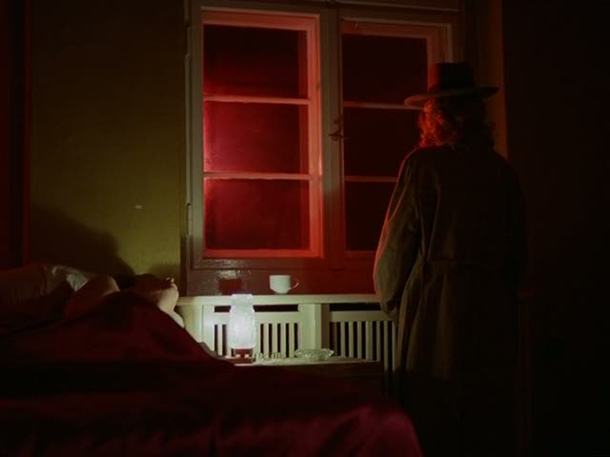 Armed with a perverse sense of humor and beautiful cinematography, Rainer Werner Fassbinder's The Third Generation follows the exploits of a group of German terrorists. Much of the film takes place in a single building, with Fassbinder examining their strange antics as the group strategically plans their next move. The Third Generation is another fascinating film in Fassbinder's phenomenal film canon that demonstrates how truly one-of-a-kind this filmmaker was. The film has so much energy and craft that I found myself completely engaged in its narrative before even capable of fully grasping what its about or where its intentions lay. This is a film that immerses the viewer in the experience from the early going, making them put the pieces together instead of force-feeding it to the viewer. Surely an incredibly controversial film on its release, The Third Generation is a dazzling, provocative, somewhat ambiguous film that is sure to create discussion long after its end credits. The Third Generation is a film bristling with ideas, but the film's greatest attribute is how it displays the circular nature of terrorism. This group of terrorists create more and more havoc as the film progresses but the more they seemingly accomplish, the more government restrictions appear, further tightening their grip on any and all radical thought. Fassbinder is not interested in taking sides in this film but rather showing the endless cycle of such conflict in a way that is both humorous and intellectually profound. The Third Generation is an experience that also answers the age old question as to whether Udo Kier looks good as a cross-dresser. 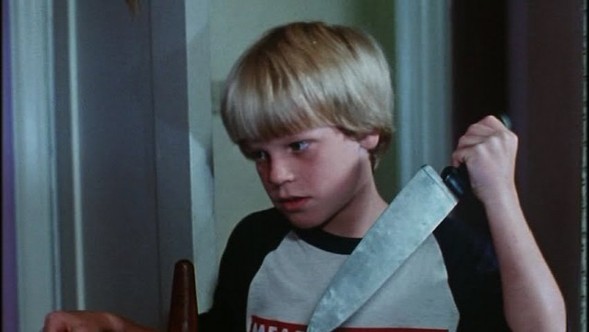 One of the earlier ruminations on the evil children concept, Ed Hunt's Bloody Birthday is a film that personifies the early 80s horror scene that featured a high body count and lots of gratuitous nudity and violence. Don't get me wrong, those looking for gore by today's standards will be extremely disappointed but Bloody Birthday delivers on offering a nice variety of death scenes that are inventive and fun. Bloody Birthday is a film with absolutely no interest in crafting a social commentary, it just wants to be fun. There is no elaborate back story or history as to why these kids go on a killing spree, they are just three evil little shits who were born to be bad. The film indirectly points out how the births of these three children coincided with a solar eclipse, but that is as far as the film goes in explaining why they are evil. The three actors who play these sadistic, sociopathetic children are incredibly well cast, each bringing a creepy quality necessary for this type of role. Bloody Birthday does a great job at juxtaposing these young innocent faces with death and violence in a way that only enhances the overall sinister feel of the film. This is a film that features a nice amount of ambiance and atmosphere with a nice eery score and cinematography that only help to set the mood. Ed Hunt's Bloody Birthday certainly isn't a top tier horror film from the 1980s but it's a lot of fun and should be experienced by anyone who is a fan of the genre. 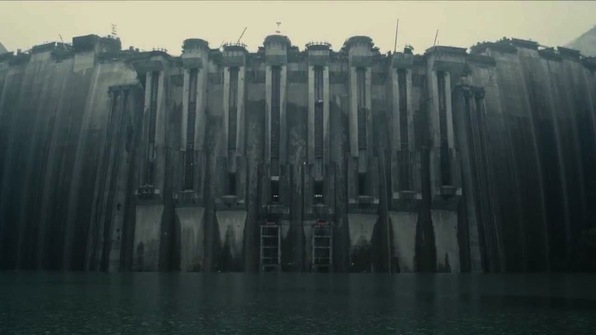 Jennifer Baichwal & Edward Burtynsky's Watermark is a dcomentary that deeply examines mankinds relationship with water. This is an incredibly immersive film that explores both sides of the equation, from how we need it for our survival, to how mankind has re-shapped the water systems on our planet. Watermark shows how important water is to our every day lives and not only from a survival perspective but from a recreational and spirtual perspectives as well. One common annoyance that I tend to have with films like this is how they can come off as preachy but Watermark is more observational in nature. Examining both grandscale examples like the construction of the Xiluoduo, a dam 6 times the size of Hoover, to miniscule examples like a swimming pool in the average residential home. Watermark captures how we are drawn to water, what we have learned from it, and how we use it, while touching on the potential consequences of our use. Watermark is very impressive visually, with some incredible compositions and soaring aerial photography that at times made me question how they pulled off some of these shots. The film covers so much ground in its examination that at times it can feel a little rushed together. Watermark jumps so quickly from segment to segment that it never gives the viewer time to breath, which at times lead to me feeling a bit whiplashed. In the end, Watermark is a fascinating documentary that should be praised for its all encompassing examination of our relationship with water. 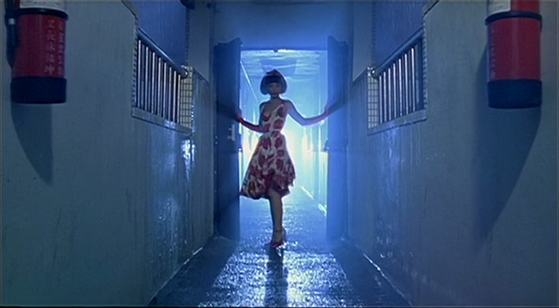 Anyone who is familiar with Ming-Liang Tsai knows that his films are definitely not known for their brisk pace. The Hole takes place in an alternate reality (now at least) where the millennium virus is an epidemic that is slowly killing everyone in Taiwan. The main characters in our film live in a district that has been evacuated with the water being shut off permanently come January 1, 2000. The setting of the film is an extremely depressing, wet, rotting, apartment in this district. The story revolves around a young man who meets a woman who lives below him in the apartment complex after a plumber knocks a whole in the floor to try and stop a busted pipe. Both of these characters lives are empty, and this small connection that they form serves as a distraction from the world around them. This can be seen in the music numbers which are sprinkled throughout the film which consist of the female lead singing upbeat 1950s style songs typically about falling in love and relationships in general. Ming-Liang Tsai's films are not particularly straight forward and this one is no different in that regard. Many casual viewers would definitely find this film boring but its just a minimalist experience which left me with a lot of questions and things to think about, which I don't believe at all to be a bad thing. For me, Tsai wants to show how fragile life is and how we are inherently lonely and weak individuals but the connections which we can form with each other is what can make us strong. 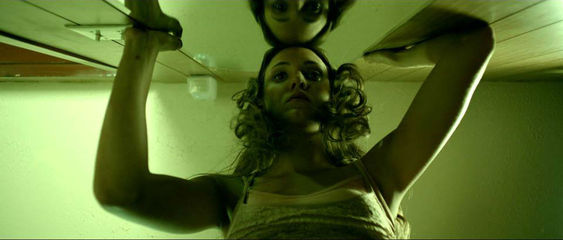 While walking home after her latest OB appointment, Esther, a 9-months pregnant woman, is brutally attacked in broad daylight, leaving her disfigured and in critical condition. This horrible act leaves Esther's child dead, sending her into therapy as a way to try and deal with the trauma. Esther finds consolation in this support group, even becoming close friends with another woman, Melanie, dealing with tragedy of her own. With the film progressing, the audience begins to realize that even before the tragedy Esther lived a lonely life of sadness and solitude, with this support group helping Esther open up to friendship and acceptance. However, Esther's new found friendships aren't as they appear, only leading her down a more tragic path. Zack Parker's Proxy is an incredibly unique low-budget horror film that should be praised for its ambition even if it doesn't completely succeed. Proxy is a film very much committed to its subversive qualities, pushing beyond the typical morbid curiosities to deliver unpredictable twists and turns at every juncture. Audience assumptions of these characters are routinely dismantled by this twisted narrative that defies nearly all typical horror genre conventions. It's a film that raises far more questions than it answers, leaving the viewer engaged as they try to comprehend the character's motivations, or whether or not everyone in this film is utterly insane. Through this subversive story Parker is able to create a film with a strong emotional core, using a host of character's affected by tragedy. My biggest problem with Proxy has nothing to do with its subversive narrative bur rather its performances, which are almost universally wooden and ineffective. For me, this is a film about how tragedy breeds instability in a person's psyche as they try desperately to make sense of the world around them. Zack Parker's Proxy is a film that takes a look at the darker side of parenting, and while it doesn't completely succeed, it succeeds enough to make me intrigued by what the filmmakers will do next. 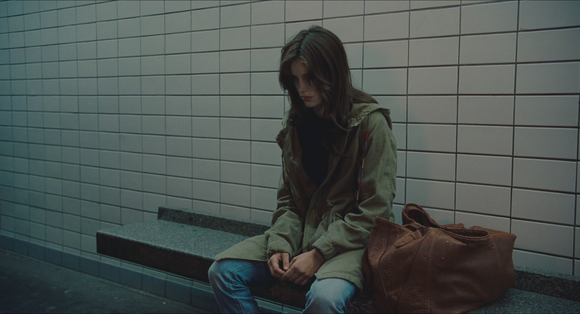 Isabelle, a seventeen year old girl, is on summer vacation with her family in the South of France. While there she meets Felix, a german tourist, who she begins a relationship with that could only be described as disultory. Isabelle loses her virginity to Felix one night on the beach, only to cast him aside days later. Now that summer is over, Isabelle returns to school where we discover that she has become a high-class prostitute. Using a website, Isabelle meets up with various wealthy older men at chic hotel's where she is paid for sexual pleasure. Isabel has become a professional but she only allows herself to experience pleasure with one older man, who treats her well. When this man dies without warning by a heart attack, Isabelle find's her double life exposed, forcing her to deal with the consequences. Francois Ozon's Young & Beautiful is a fascinating study of youth sexuality that never feels forced or didactic in approach. The film itself never judges Isabelle for her decisions, presenting her as a deeply troubled woman whose lost in her own sexuality. While the film does make it clear that Isabelle's relationship with her father is basically nonexistent, the film never gives any concrete reason as to why Isabelle has gone down this path. Ozon suggest that the times we live where sex is just a button-click away are partly responsible as well for Isabelle's viewpoint of sexuality but he never goes as far as to put the blame on a single concrete reason. While this works as an interesting portrait, the film never fully gets under Isabelle's skin, giving us any true insight into her psyche. I understand that Isabelle herself is struggling with her own identity but I needed to see it more. We are never given a chance to fully understand where she is coming from to the point that the film feels somewhat incomplete because of it. Ozon's Young and Beautiful is another interesting endeavor but it is never digs deep enough to try and understand the character behind the actions. |
AuthorLove of all things cinema brought me here. Archives
June 2023
|
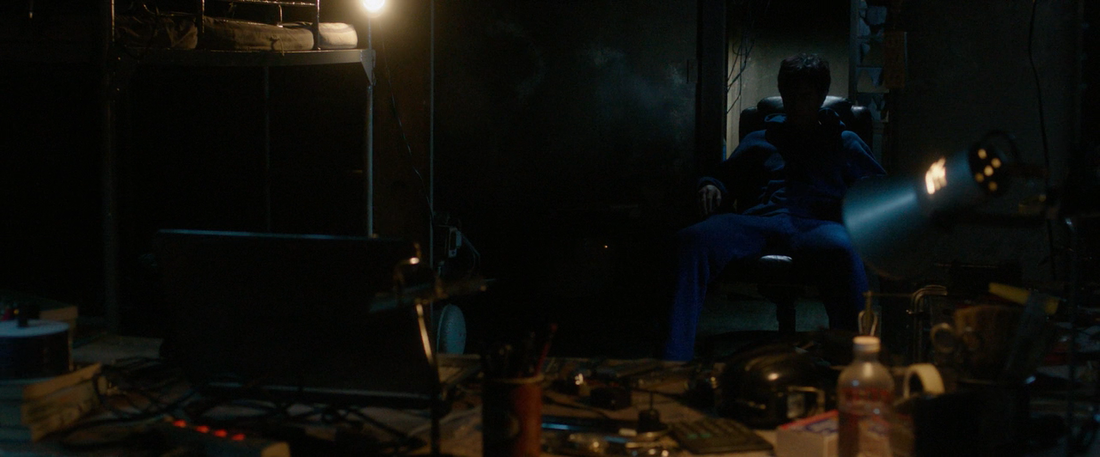
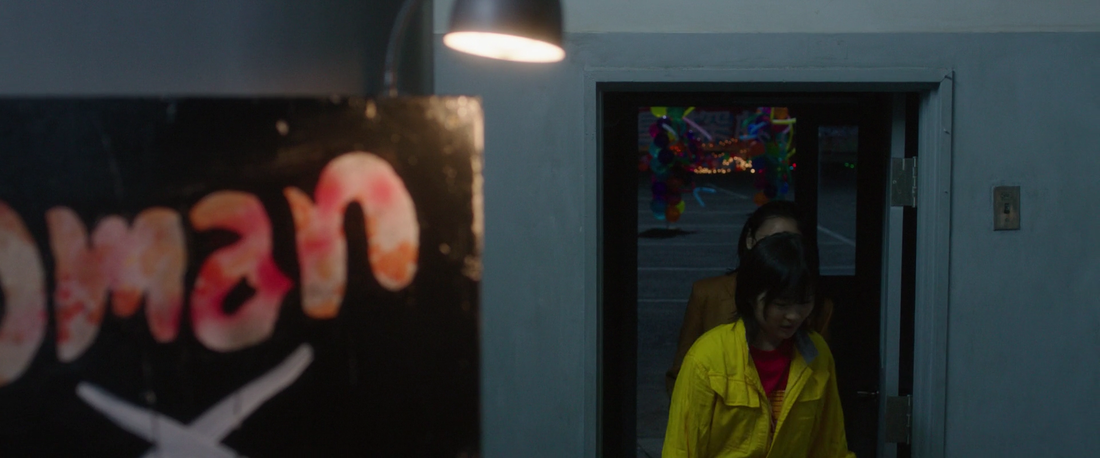
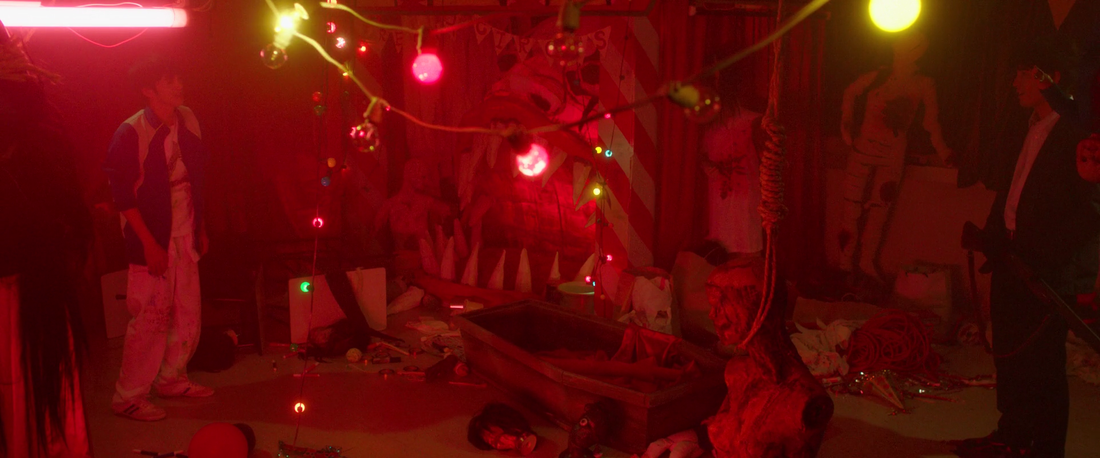
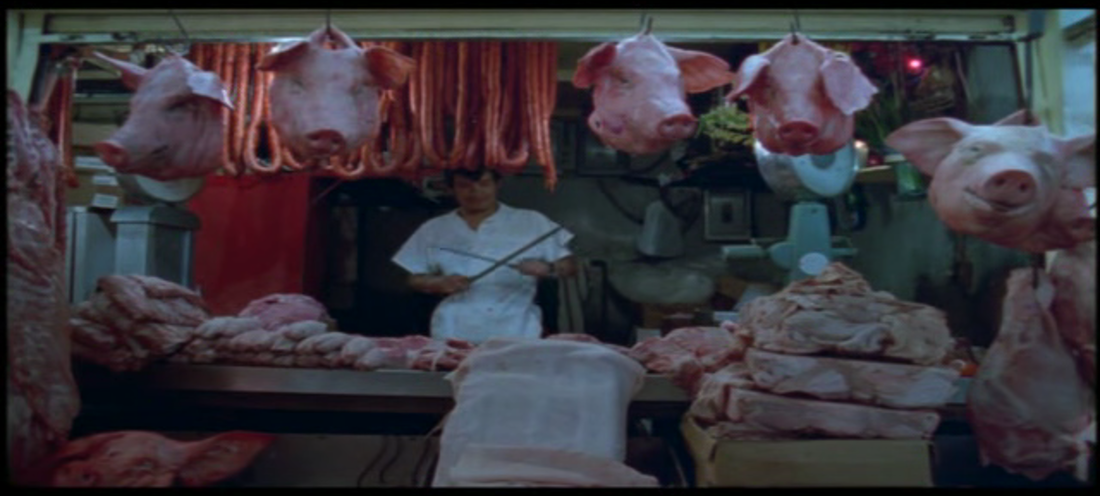
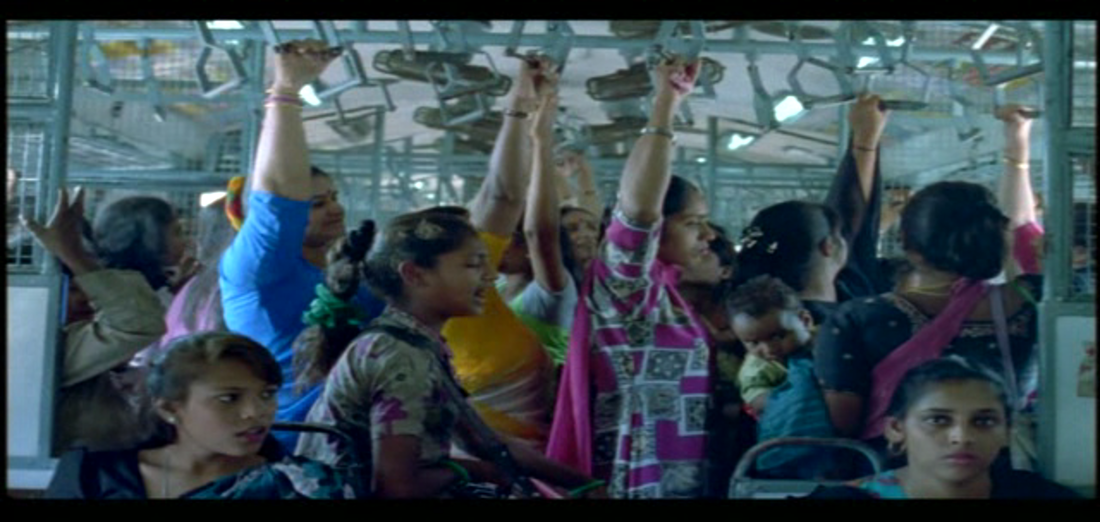
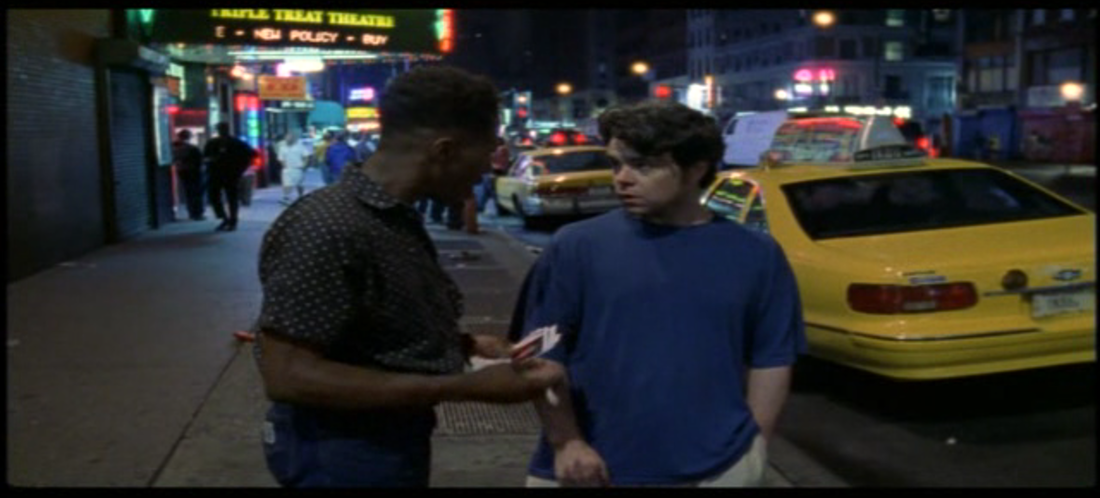
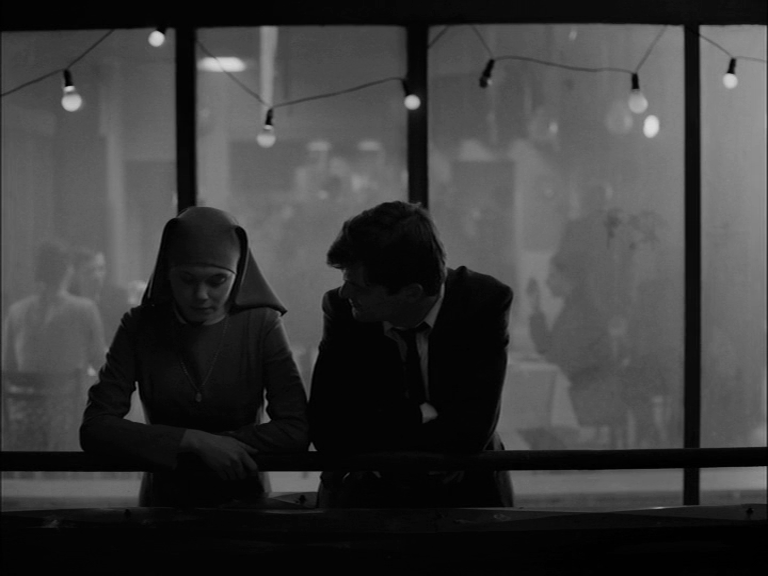
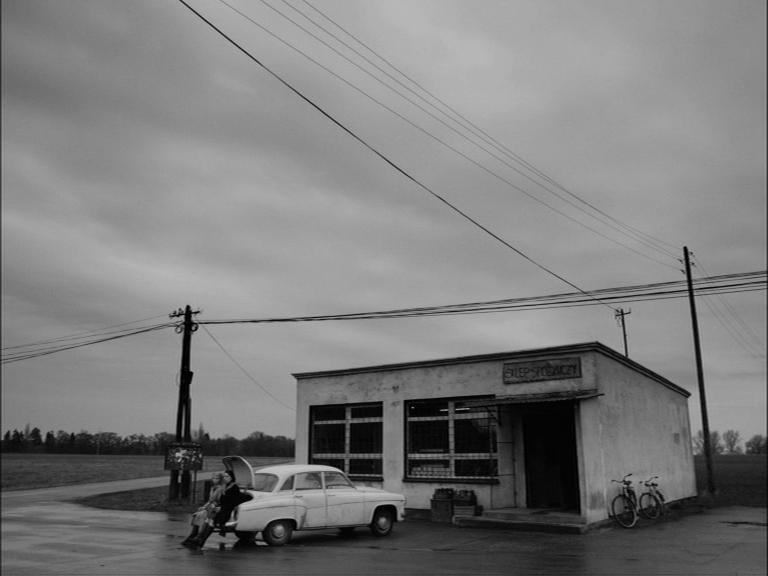
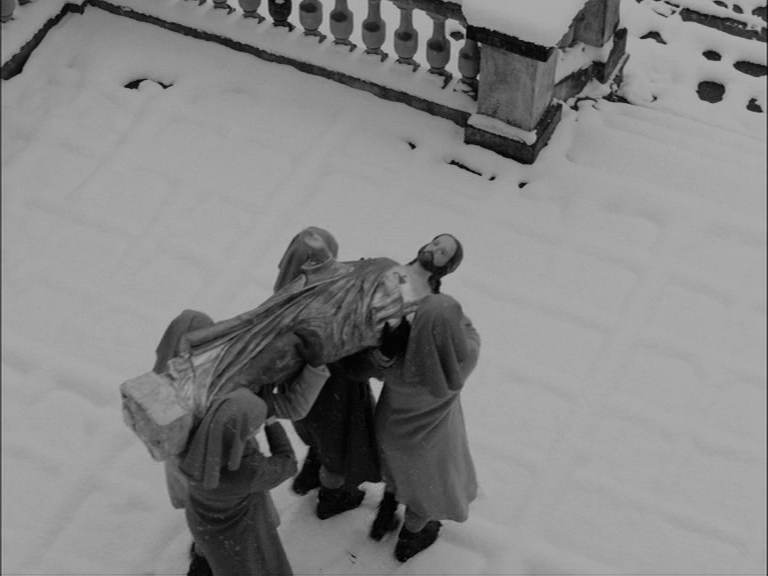
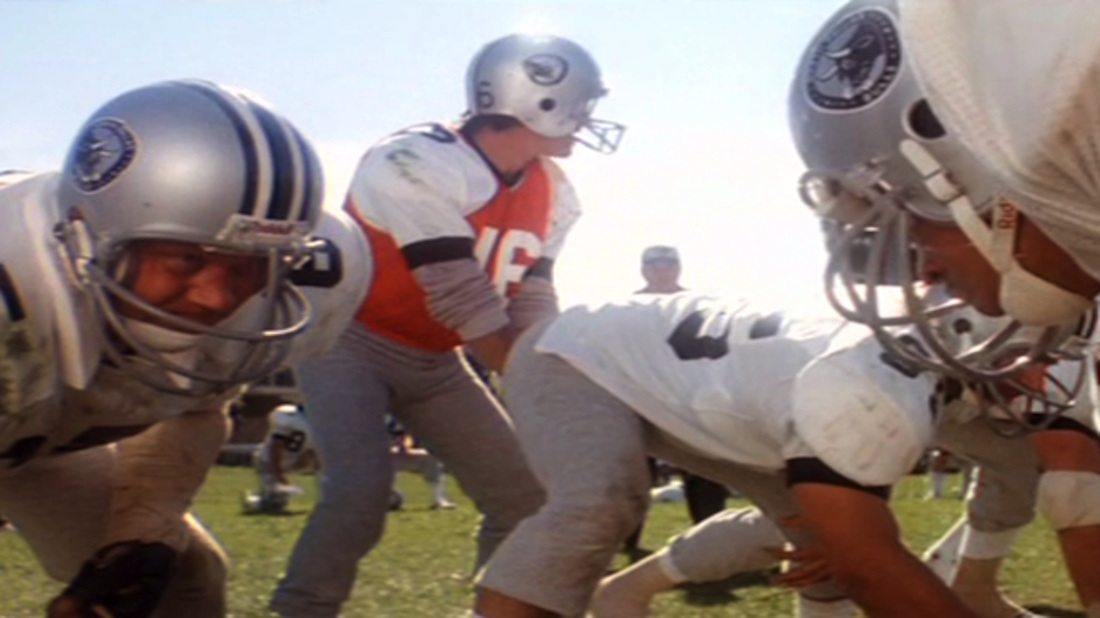
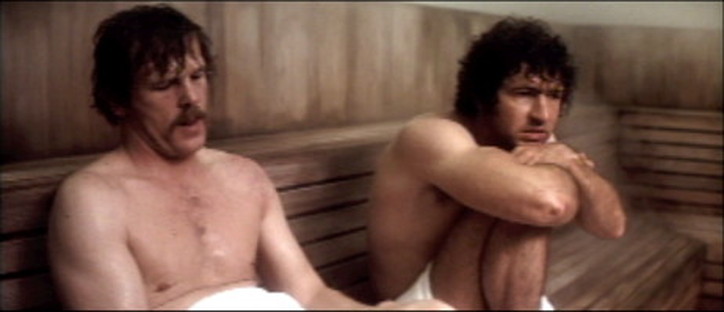
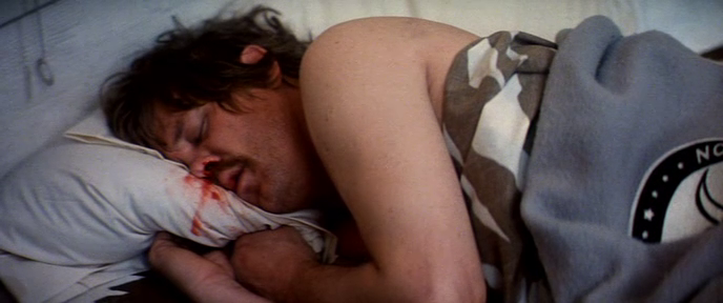
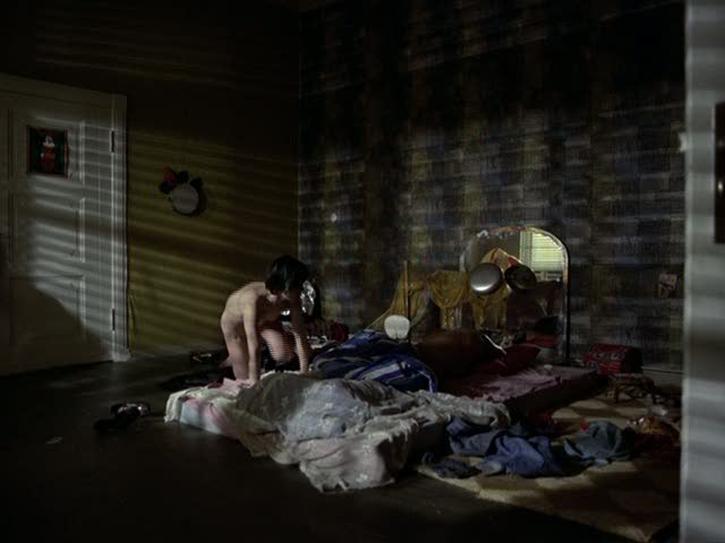
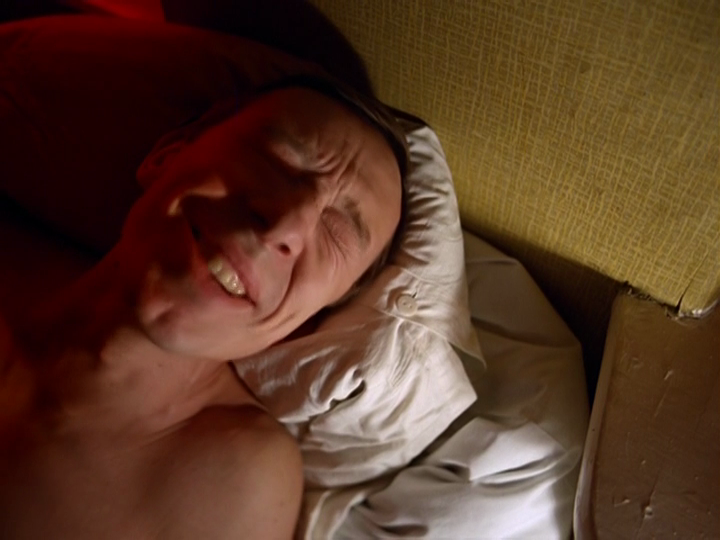
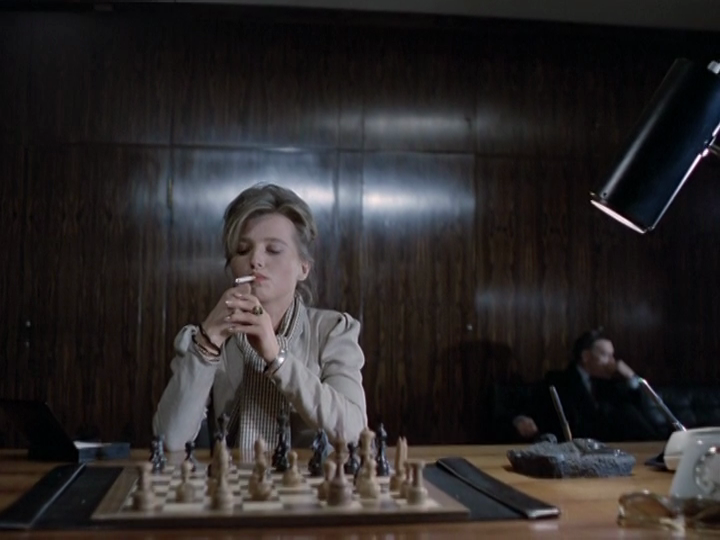
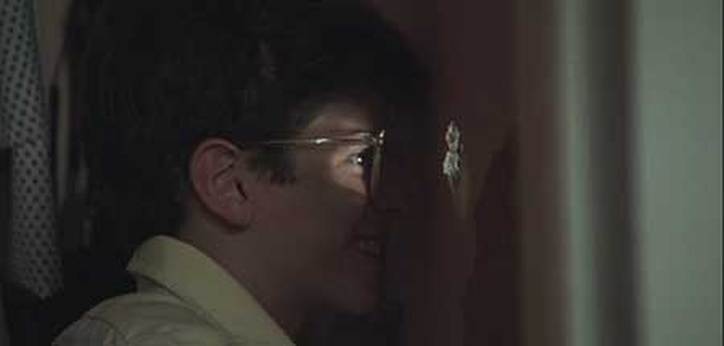
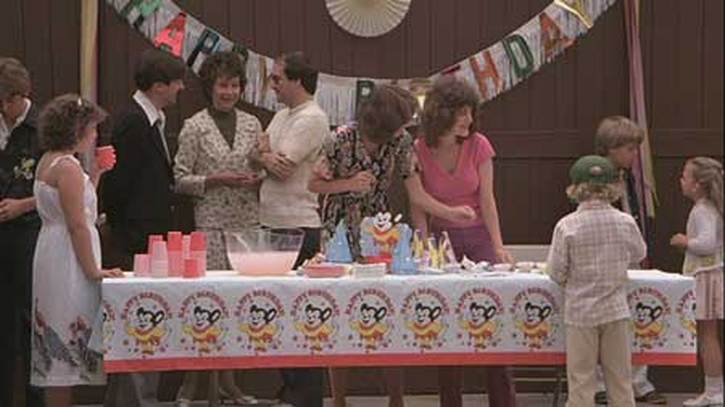
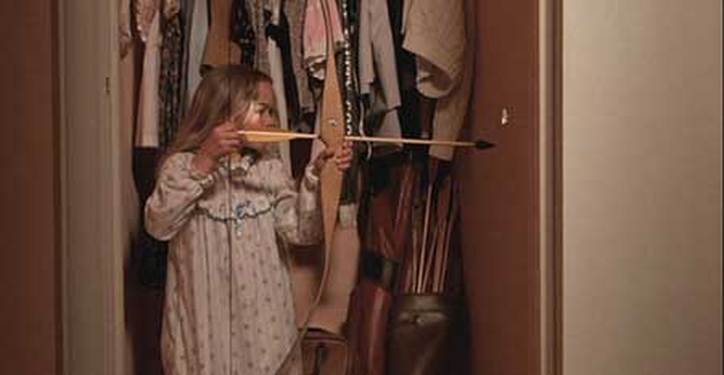


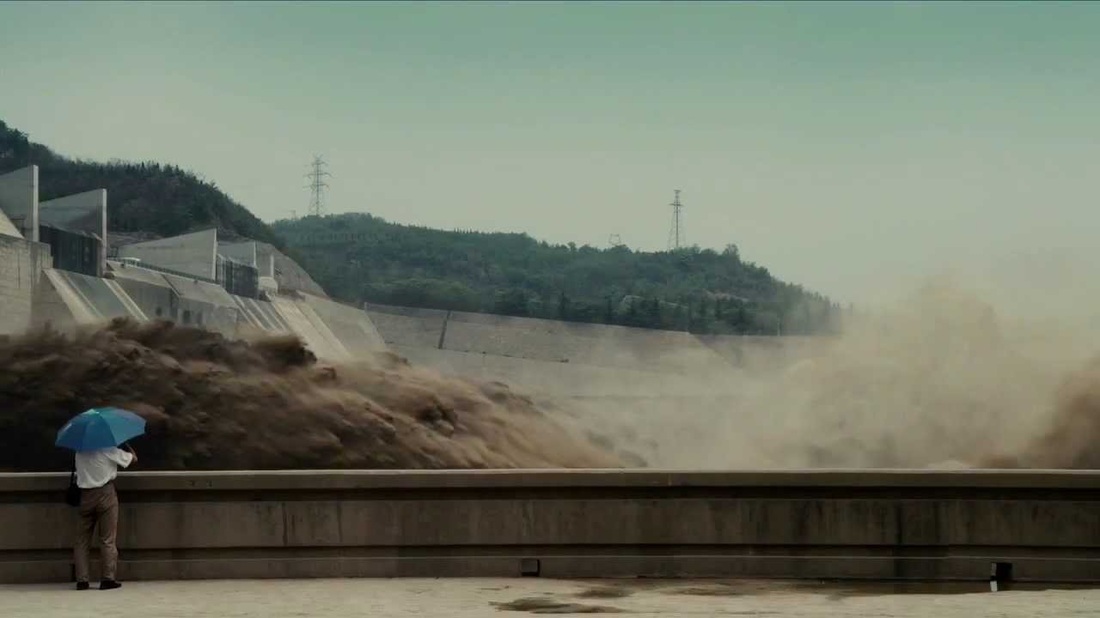
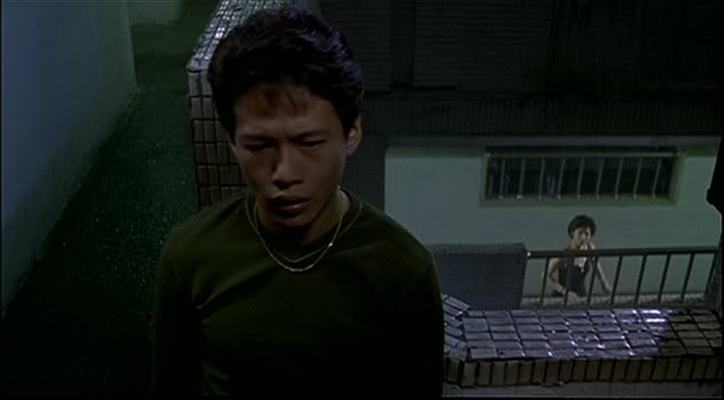
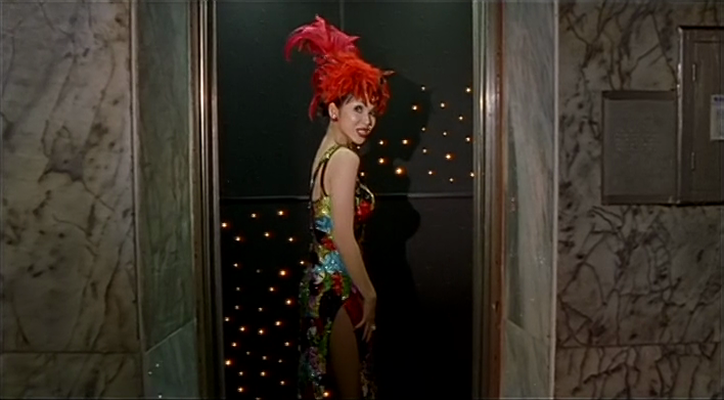
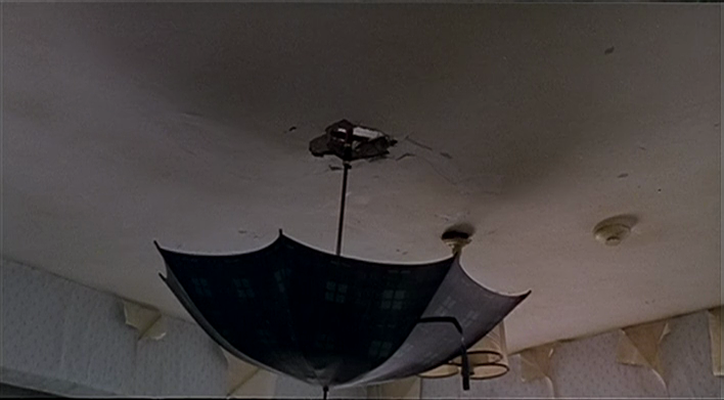
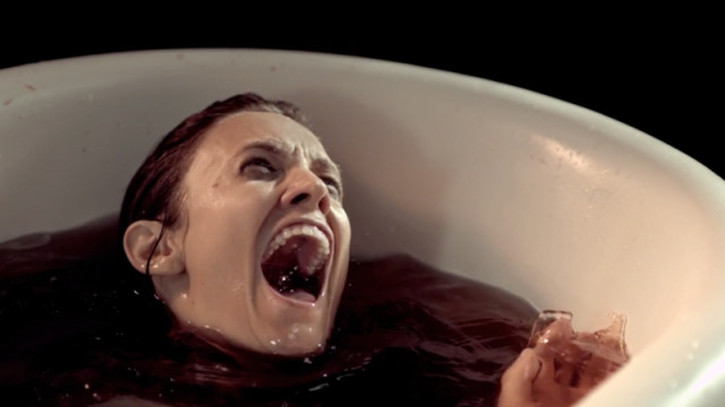





 RSS Feed
RSS Feed
